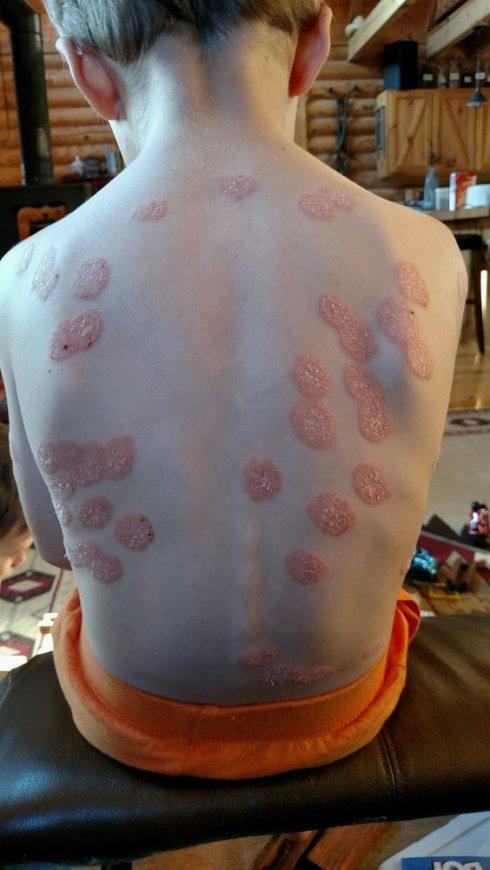When the weather drops, some psoriasis patients may experience an outbreak. Psoriasis is an immune system disease that causes raised, red, scaly patches to appear on the skin. Psoriasis typically affects the outside of the elbows, knees or scalp, but can appear on any location.
How do I get Psoriasis?
While scientists do not know the exact cause of psoriasis, we know the immune system and genetics play major roles in its development. Psoriasis has triggers that cause flare ups and is not contagious. It is not something you can “catch” or that others can catch from you because psoriasis lesions are not infectious. For mild psoriasis, topical treatments, such as moisturizers, over-the-counter medications and prescription creams and shampoos, are typically used.
Treating moderate to severe psoriasis usually involves a combination of treatment strategies. Besides topical treatments, your doctor may prescribe phototherapy. Your doctor may also prescribe systemic medications, including biologic drugs, especially if your psoriasis is impacting your quality of life.
Every year, roughly 20,000 children under 10 years of age are diagnosed with psoriasis. Sometimes it is misdiagnosed because it is confused with other skin diseases. Some young people report the onset of psoriasis following an infection, particularly strep throat. One-third to one-half of all young people with psoriasis may experience a flare-up two to six weeks after an earache, strep throat, bronchitis, tonsillitis or a respiratory infection. Psoriasis patients should pay more attention to it. **In Chinese medicine, it is believed that toxic heat inside the body is the “root” of the problem, so only topical treatment can’t control psoriasis development. Drinking Chinese herbs can clear toxic heat in the body, while also balancing the whole body. After the inside becomes normal, the re-occurrence rates can become much better by decreasing. For psoriasis the earlier you get treatment, the better the effect.

